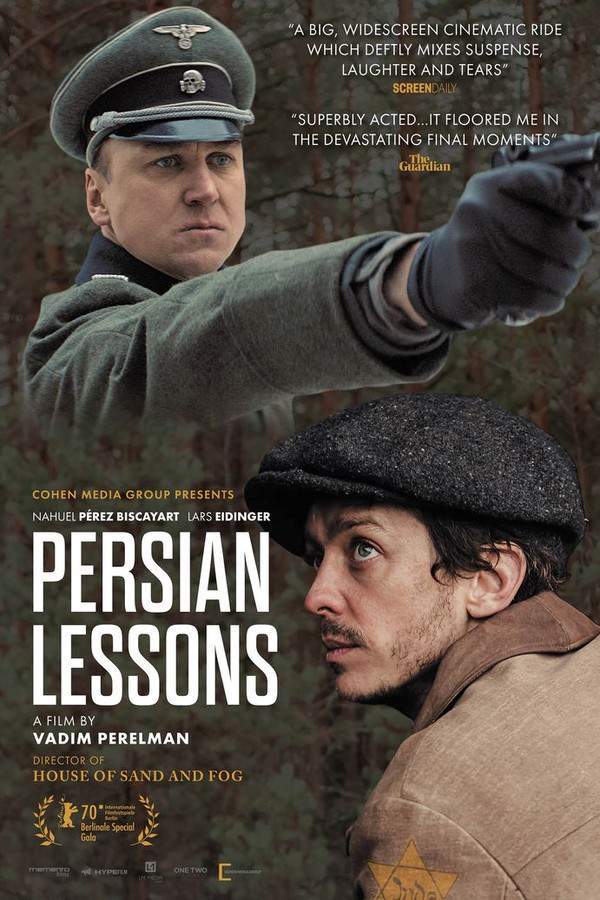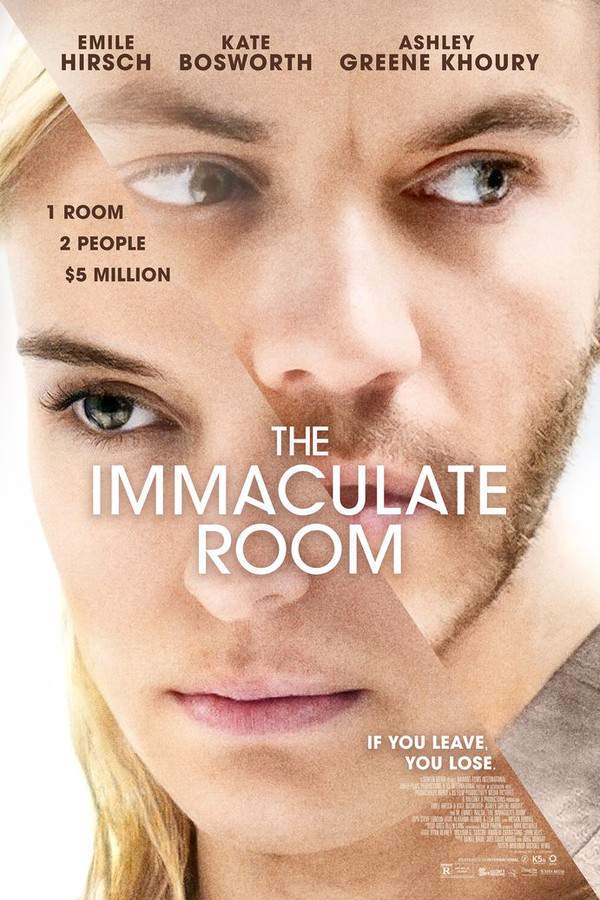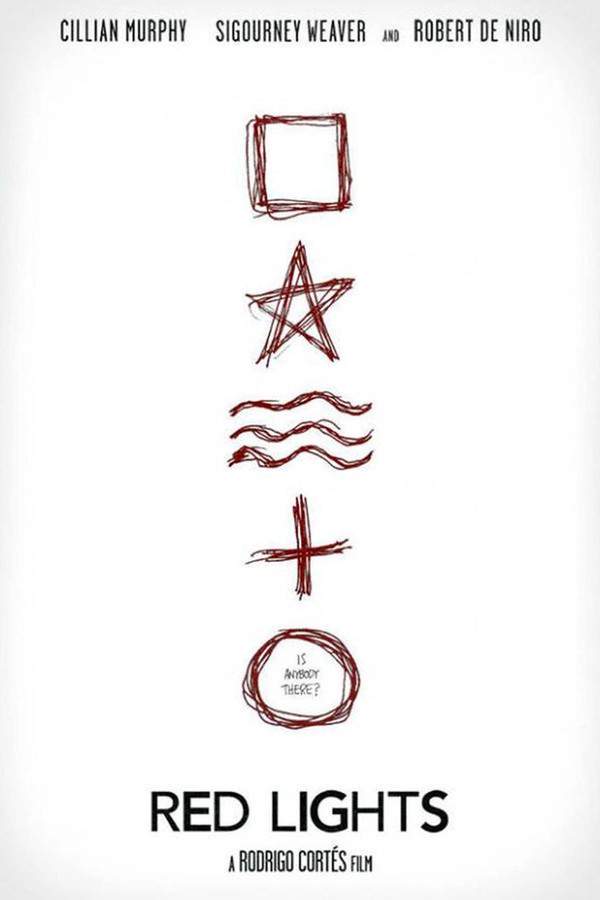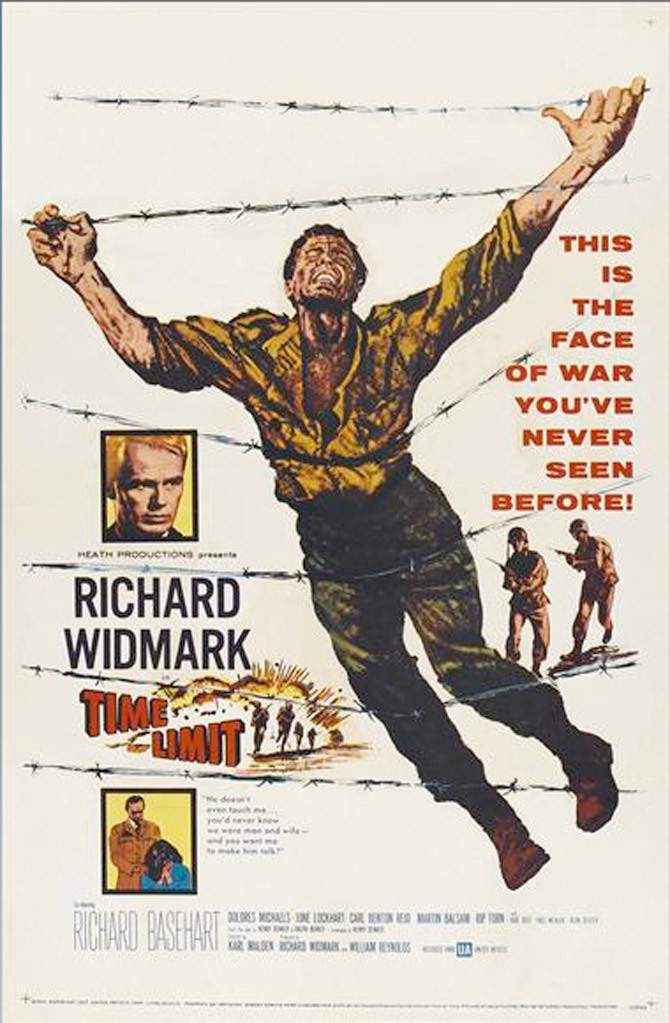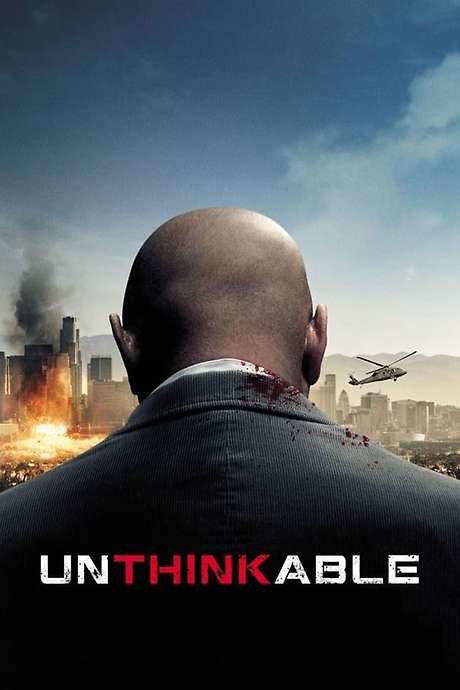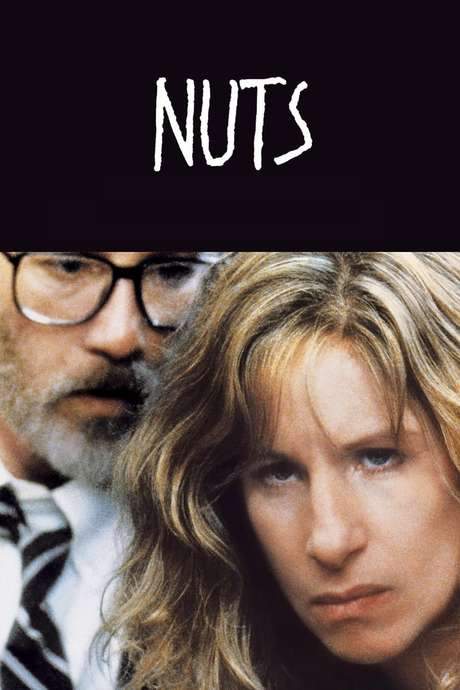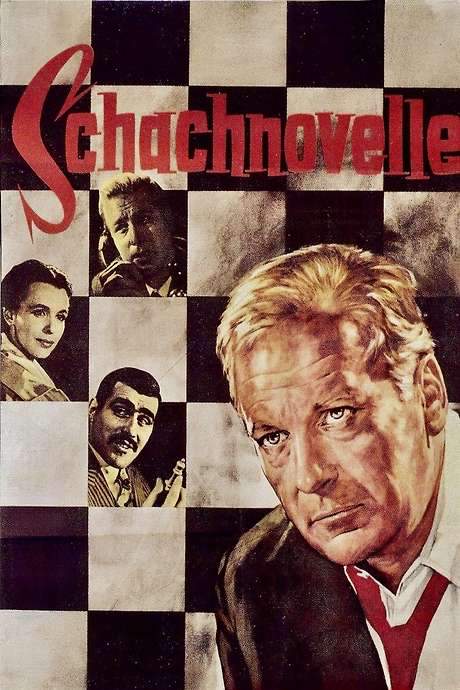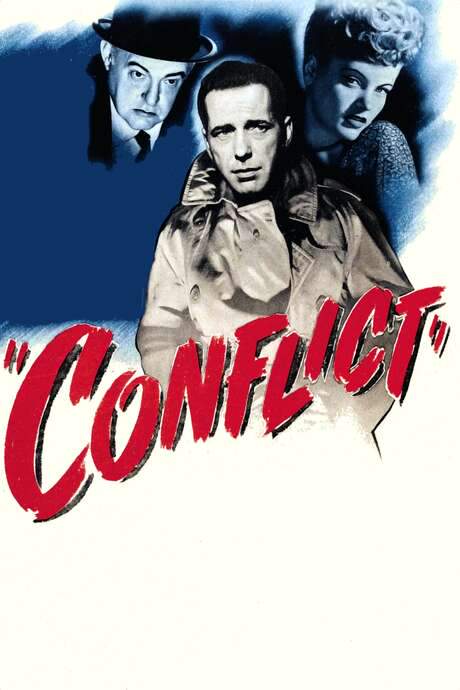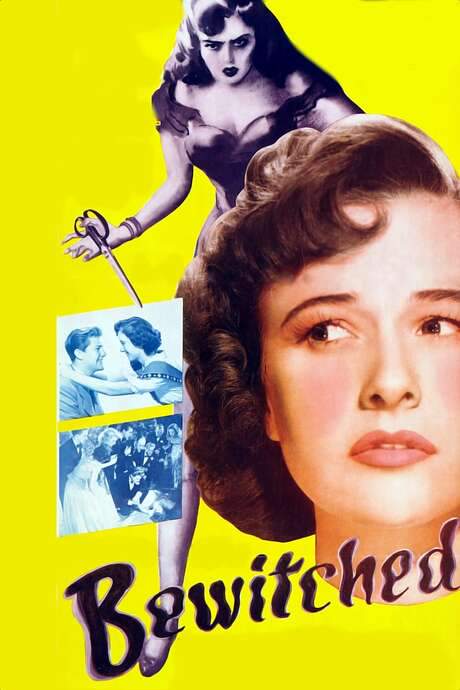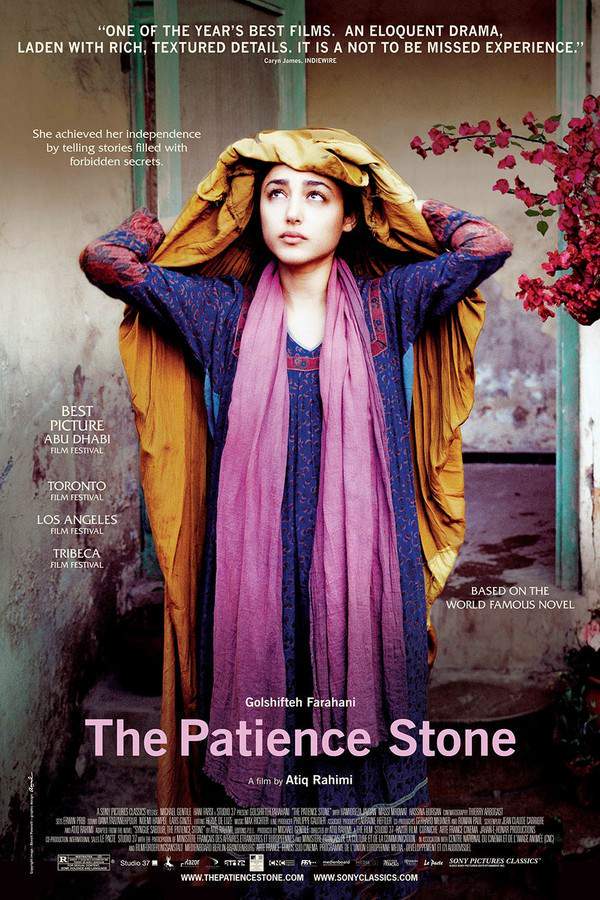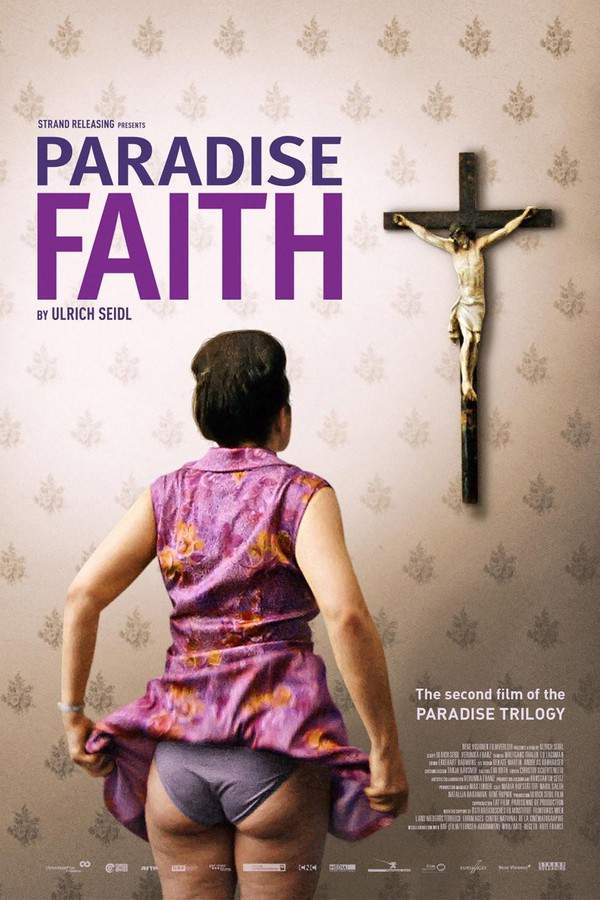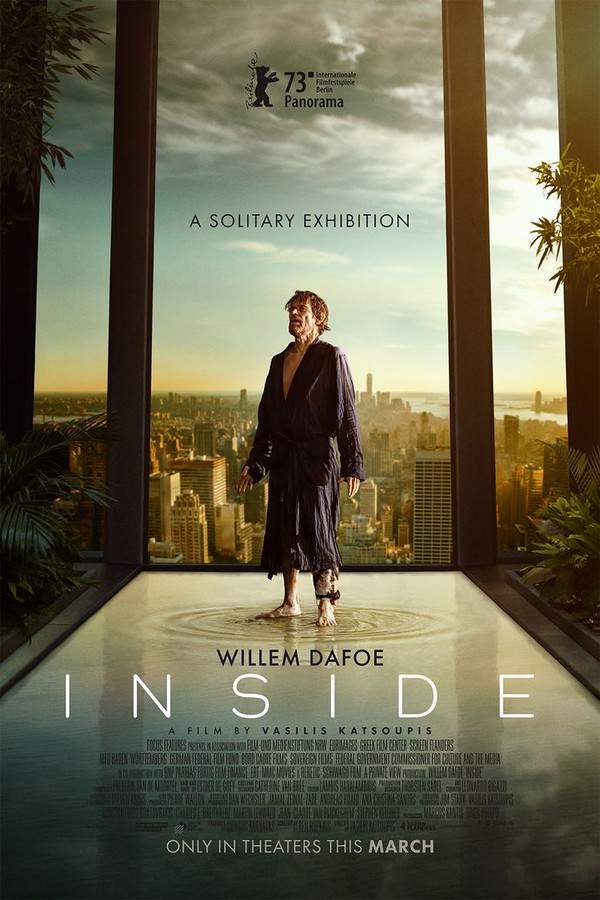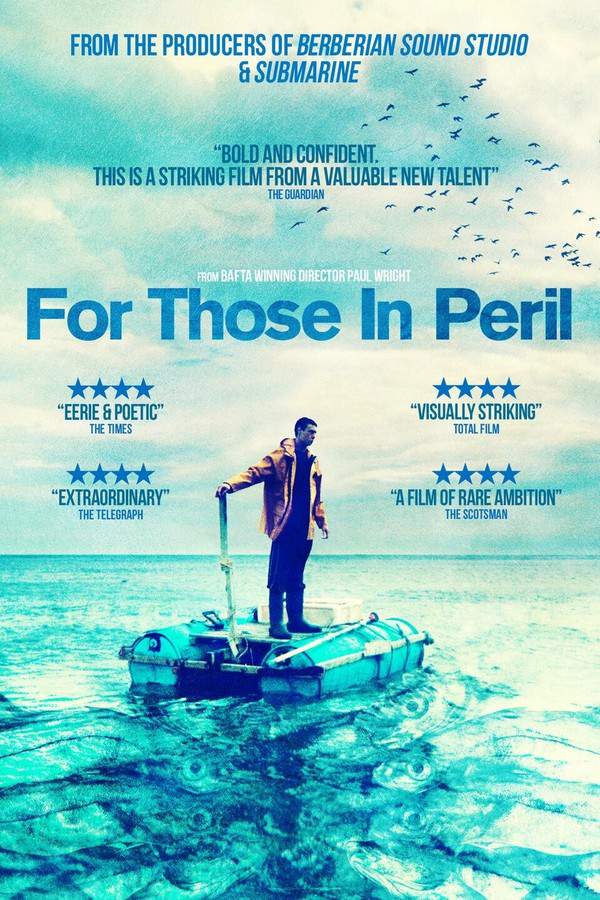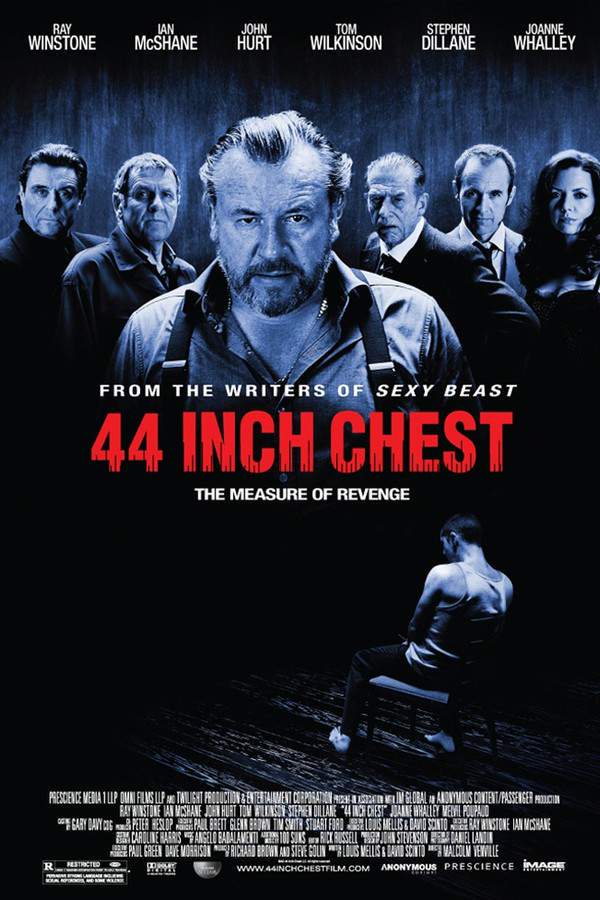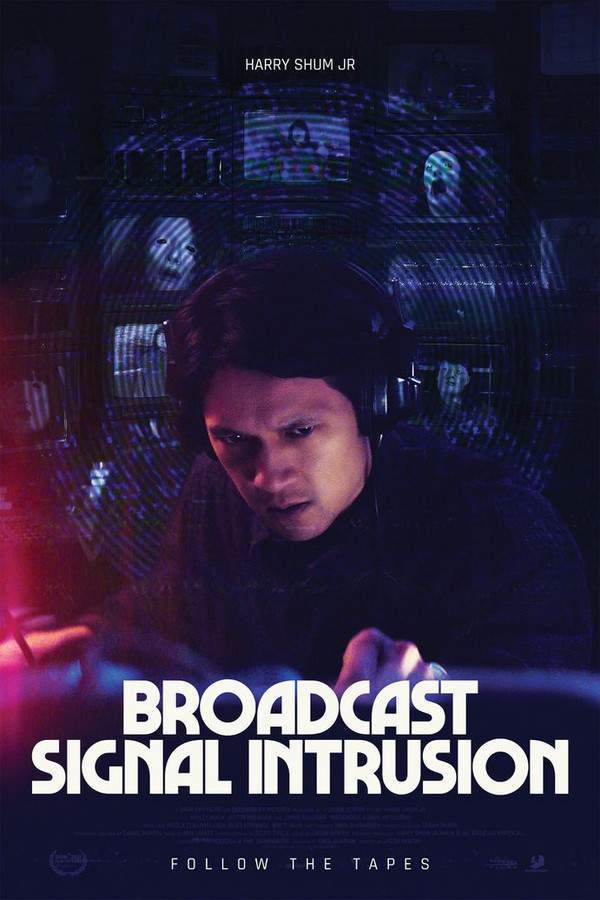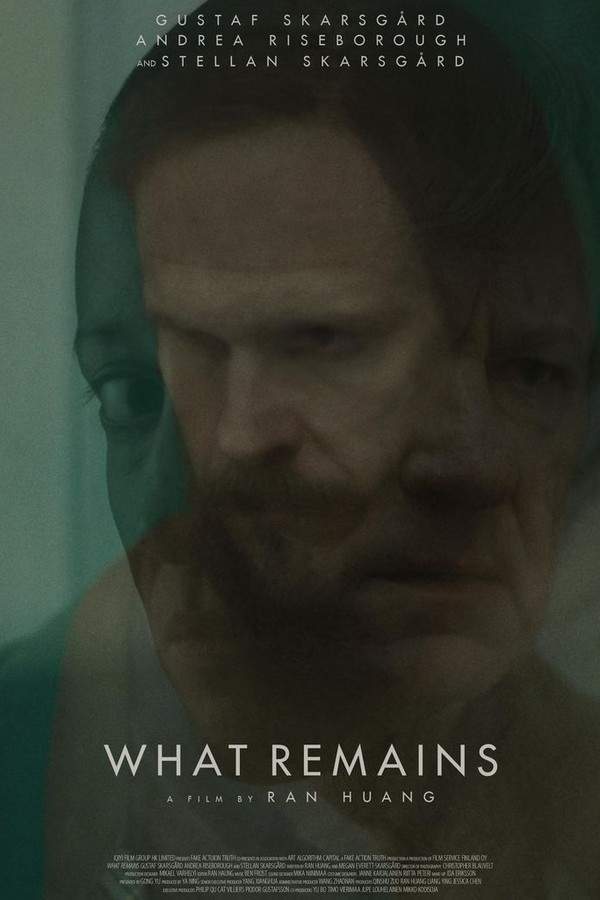
The Prisoner
Year: 1955
Runtime: 95 mins
Language: English
Director: Peter Glenville
After being charged with treason, a revered cardinal—celebrated for his wartime defiance against the Nazis and later for opposing a new totalitarian regime—is imprisoned. There his relentless interrogator seeks a confession, hoping to shatter the cardinal’s influence and undermine the hope he embodies for his people. The conflict explores moral compromise and the cost of resistance.
Warning: spoilers below!
Haven’t seen The Prisoner yet? This summary contains major spoilers. Bookmark the page, watch the movie, and come back for the full breakdown. If you're ready, scroll on and relive the story!
Timeline & Setting – The Prisoner (1955)
Explore the full timeline and setting of The Prisoner (1955). Follow every major event in chronological order and see how the environment shapes the story, characters, and dramatic tension.
Last Updated: October 04, 2025 at 14:47
Main Characters – The Prisoner (1955)
Meet the key characters of The Prisoner (1955), with detailed profiles, motivations, and roles in the plot. Understand their emotional journeys and what they reveal about the film’s deeper themes.
Last Updated: October 04, 2025 at 14:47
Major Themes – The Prisoner (1955)
Explore the central themes of The Prisoner (1955), from psychological, social, and emotional dimensions to philosophical messages. Understand what the film is really saying beneath the surface.
Last Updated: October 04, 2025 at 14:47
Explore Movie Threads
Discover curated groups of movies connected by mood, themes, and story style. Browse collections built around emotion, atmosphere, and narrative focus to easily find films that match what you feel like watching right now.
Psychological battles like in The Prisoner
Intense stories where opposing ideologies clash in a contained setting.If you liked the intellectual duel in The Prisoner, search for movies featuring intense ideological standoffs, complex moral arguments, and characters tested by psychological pressure in confined spaces.
Narrative Summary
The narrative centers on a drawn-out confrontation where one character seeks to break the resolve of another. The story unfolds through escalating verbal and psychological maneuvers, exploring themes of faith, conviction, and indoctrination, with the setting itself becoming a character that amplifies the pressure.
Why These Movies?
Movies in this thread are grouped by their shared focus on intellectual conflict, oppressive atmospheres, and the slow-burning tension of a verbal and psychological duel where the greatest threat is the erosion of a character's core beliefs.
Stories of faith under pressure like The Prisoner
Stories of individuals tested by authoritarian systems for their beliefs.Find movies similar to The Prisoner that focus on characters whose deepest beliefs are tested by persecution, imprisonment, or psychological torment, exploring themes of moral courage and resilience.
Narrative Summary
The narrative follows a principled individual who is isolated and targeted by a powerful, oppressive system. The story is a slow, inward journey as the protagonist's faith, whether religious or ideological, is put under extreme duress, forcing them to confront the limits of their own endurance and the meaning of their sacrifice.
Why These Movies?
These movies share a heavy emotional weight and a focus on the internal struggle of a single character facing systemic oppression. They are united by themes of martyrdom, moral compromise, and the psychological toll of resistance, often ending on an ambiguous or bittersweet note.
Unlock the Full Story of The Prisoner
Don't stop at just watching — explore The Prisoner in full detail. From the complete plot summary and scene-by-scene timeline to character breakdowns, thematic analysis, and a deep dive into the ending — every page helps you truly understand what The Prisoner is all about. Plus, discover what's next after the movie.
The Prisoner Summary
Read a complete plot summary of The Prisoner, including all key story points, character arcs, and turning points. This in-depth recap is ideal for understanding the narrative structure or reviewing what happened in the movie.

The Prisoner Timeline
Track the full timeline of The Prisoner with every major event arranged chronologically. Perfect for decoding non-linear storytelling, flashbacks, or parallel narratives with a clear scene-by-scene breakdown.

The Prisoner Spoiler-Free Summary
Get a quick, spoiler-free overview of The Prisoner that covers the main plot points and key details without revealing any major twists or spoilers. Perfect for those who want to know what to expect before diving in.

More About The Prisoner
Visit What's After the Movie to explore more about The Prisoner: box office results, cast and crew info, production details, post-credit scenes, and external links — all in one place for movie fans and researchers.


